
Cerebral palsy is a term used to describe a whole range of non-progressive and non-contagious motor disorders that result in physical disability of human development. Typically, various regions of the body movement are severely affected, and in some cases even the cognition is affected. Many of the patients suffering from cerebral palsy will also suffer from epilepsy. This condition is one of the most common developmental disorders that affect 2.12–2.45 babies per 1,000 live births. The damage usually occurs before or during childbirth but sometimes cerebral palsy may occur after the birth, during the first 3 to 5 years of child’s life.
Causes of cerebral palsy
For most of the cases, the exact reasons behind this disorder are completely unknown. Basically, cerebral palsy may occur because of the various problems during pregnancy where the child’s brain becomes damaged or fails to develop properly. A group of the conditions known to cause such a problem are infections, maternal health problems or exposure to toxins that may interfere with normal brain development. Various problems may occur during labor and delivery, such as lack of oxygen that can result in damage of the baby’s brain. According to the official statistics, prematurely born babies, especially those weighing less than 1.500 grams, have a higher risk of developing cerebral palsy.
Some of the babies who become affected with cerebral palsy after the birth, in the early infancy, have probably suffered a brain damage because of the bacterial meningitis, malnutrition, lead poisoning, car accidents, or because of the shaken baby syndrome. Shaken baby syndrome is defined as a form of a child abuse that occurs when a child's crying and irritation trigger the frustration that can lead to violence in the caregiver.
Prevention of cerebral palsy
As already mentioned, causes of cerebral palsy are often unknown. However, there are some general rules each pregnant woman should follow in order to maximize her chances of delivering a healthy baby.
To prevent the development of cerebral palsy during the pregnancy, a woman should eat highly nutritious foods, avoid smoking or being exposed to the cigarette smoke, avoid drinking alcohol, avoid exposure to toxins and pay regular visits to her doctor.
To prevent cerebral palsy in the early infancy, parents should take all the appropriate measures to prevent any kind of accidents. Parents should also become acquainted with signs and symptoms of all child diseases and keep their child away from people who have contagious illnesses. They should also do everything that’s in their power to prevent lead poisoning.


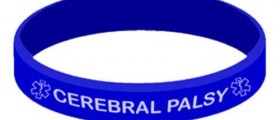
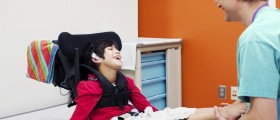
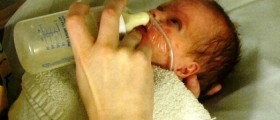


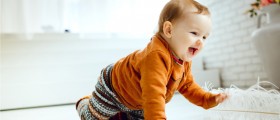
-In-Infants-And-Older-Children_f_280x120.jpg)
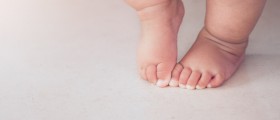



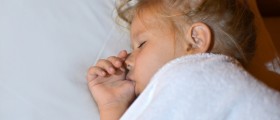


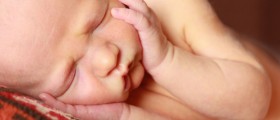
Your thoughts on this
Loading...